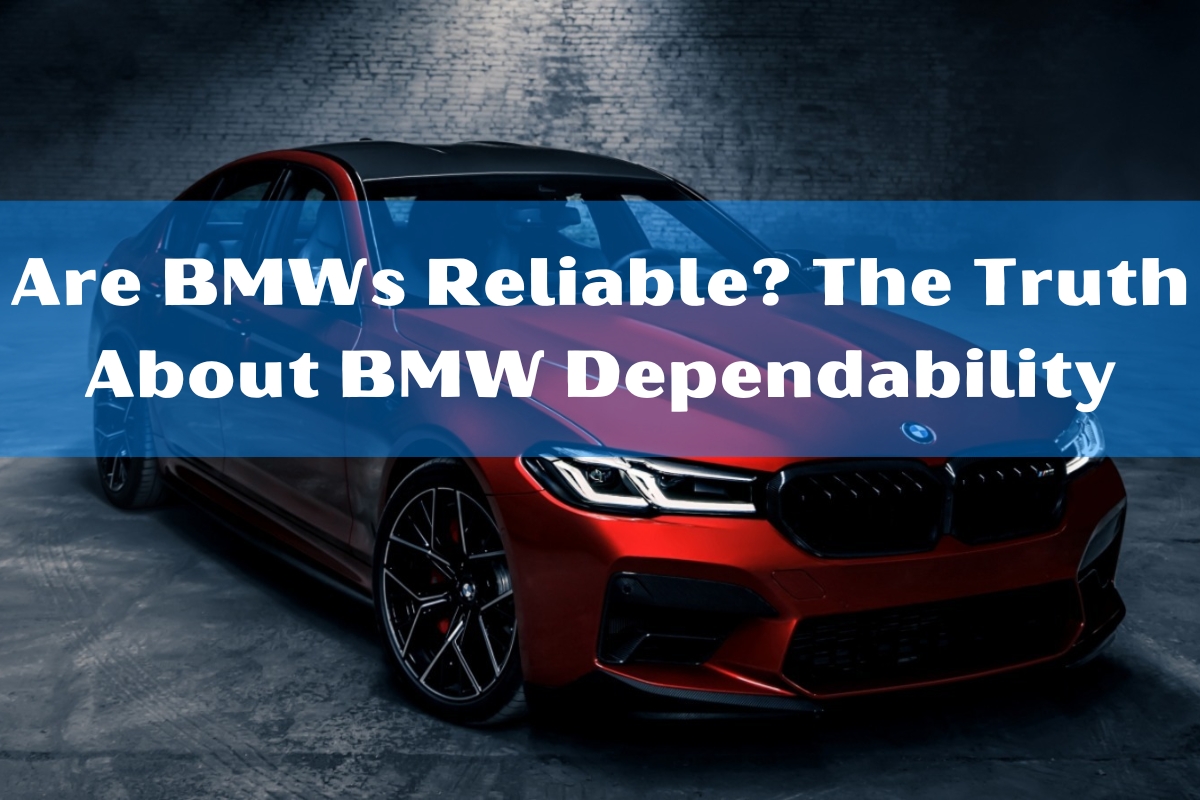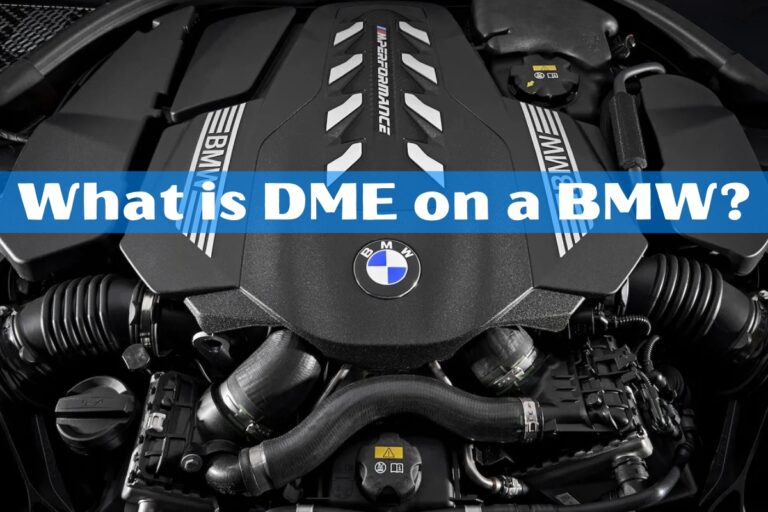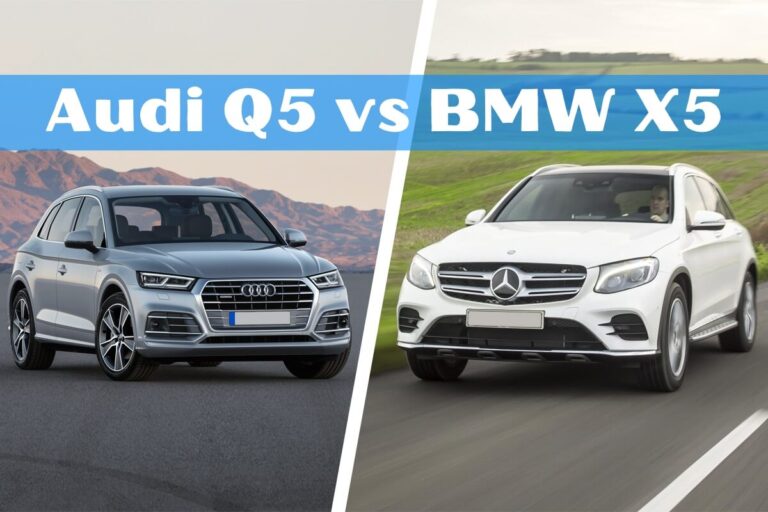Are BMWs Reliable? The Truth About BMW Dependability

When it comes to luxury vehicles, few brands evoke the same sense of prestige and performance as BMW. Known for their sleek designs, powerful engines, and engaging driving dynamics, BMWs have long been a favorite among driving enthusiasts. However, the brand has also developed a reputation for potential reliability issues, leading many car shoppers to wonder – are BMWs reliable?
To get a comprehensive understanding of BMW’s dependability, we’ll dive into industry studies, analyze common problems, and explore strategies for maximizing the longevity of these German-engineered machines. By the end of this article, you’ll have a clear picture of what to expect when it comes to BMW reliability.
BMWs in Consumer Reports and Industry Studies
In recent years, BMW has made significant strides in improving the reliability of its vehicles. In the 2022 Consumer Reports Annual Auto Reliability Survey, BMW jumped 10 spots, landing in the top 3 among nearly 30 automotive brands evaluated. This impressive performance was driven by the brand’s newer models, which have addressed many of the issues that plagued some of its older vehicles.
The 2023 J.D. Power Vehicle Dependability Study also paints a favorable picture of BMW’s reliability. The study, which measures problems experienced by original owners over 12 months in three-year-old vehicles, placed BMW in the top five luxury brands, with an average of 184 problems per 100 vehicles – better than the industry average of 186.
Factors Affecting BMW Reliability
While the latest data suggests BMW is moving in the right direction, the brand’s historical reputation for reliability issues can’t be ignored. Several factors have contributed to this perception:
Complex Technology: BMWs are renowned for their sophisticated engineering, which includes advanced powertrain systems, electronic features, and high-performance components. This complexity can make maintenance and repairs more challenging and expensive compared to simpler, mainstream vehicles.
Specialty Parts and Labor: To maintain a BMW, owners often need to rely on genuine BMW parts and specialized mechanics, both of which come with a premium price tag. This can make routine servicing and unexpected repairs costlier than other car brands.
Driving Dynamics: BMW’s focus on delivering a dynamic, high-performance driving experience can take a toll on certain components, such as brakes, tires, and suspension parts, which may require more frequent replacement.
Ownership Patterns: Some studies have suggested that BMWs are more susceptible to reliability issues when they are not driven regularly or when they change hands frequently (e.g., from the original owner to a used car buyer). Proper maintenance and consistent usage are key to keeping a BMW running smoothly.
Common Issues and Maintenance Costs for BMWs
To fully understand BMW reliability, it’s important to look at the specific problems that have plagued the brand over the years, as well as the general costs associated with owning and maintaining these vehicles.
Frequently Reported BMW Problems
While BMW has made strides in addressing many of its historical reliability issues, certain problems continue to crop up more often than owners might like:
- Engine and Cooling System Issues: Coolant leaks, water pump failures, and other engine-related problems have been common complaints, particularly on some of BMW’s turbocharged engines.
- Electrical and Electronic Gremlins: From malfunctioning infotainment systems to issues with sensors and control modules, BMWs have sometimes struggled with electronic reliability.
- Transmission Troubles: Certain BMW transmission models, such as the ZF-sourced units, have been known to experience problems like leaks, jerky shifting, and premature wear.
- Suspension and Steering Concerns: The sophisticated suspension and steering components on BMWs can be expensive to repair, and issues like ball joint failures and tie rod end wear have been reported.
The High Cost of Owning a BMW
One of the most significant downsides of BMW ownership is the potentially high maintenance and repair costs. According to industry data, the average annual maintenance cost for a BMW is around $968, nearly double the industry average of $652 per year.
This can be attributed to several factors:
- Premium Parts and Labor: BMWs require specialized parts and technicians, both of which command a premium price tag compared to more mainstream vehicles.
- Frequent Maintenance: BMWs often have shorter recommended service intervals, requiring more frequent oil changes, brake replacements, and other scheduled maintenance.
- High-Performance Components: The high-end materials and advanced engineering in BMWs, while contributing to their driving dynamics, can also make replacement parts more expensive.
Tips for Maximizing BMW Reliability
While BMWs may require a bit more care and attention than some other car brands, there are several steps owners can take to help ensure their Bimmer remains reliable for the long haul.
Importance of Proper Maintenance
Adhering to the manufacturer’s recommended maintenance schedule is absolutely crucial for a BMW. This includes regular oil changes, fluid flushes, and replacement of wear items like spark plugs, belts, and hoses. Skipping or delaying these essential services can lead to more significant (and costly) problems down the road.
Choosing the Right BMW Model and Configuration
When shopping for a BMW, it’s worth researching the brand’s various model lines and engine/transmission combinations to identify the most reliable options. For example, some BMW models with turbocharged engines or complex all-wheel-drive systems may be more prone to issues than their naturally aspirated, rear-wheel-drive counterparts.
Benefits of Buying a Certified Pre-Owned BMW
Purchasing a Certified Pre-Owned (CPO) BMW can be a smart way to get a well-maintained, late-model vehicle with the added peace of mind of an extended warranty. CPO BMWs undergo a rigorous inspection and reconditioning process, and they come with an additional year of warranty coverage beyond the original manufacturer’s warranty.
Comparing BMW Reliability to Other Luxury Brands
To put BMW’s reliability into perspective, it’s helpful to compare the brand to some of its key competitors in the luxury car segment.
How BMW Stacks Up Against Audi, Mercedes-Benz, and Lexus
When pitted against other prominent German luxury marques like Audi and Mercedes-Benz, BMW tends to fall somewhere in the middle in terms of reliability. While Audi has made significant strides in improving its dependability in recent years, Mercedes-Benz still struggles with some ongoing issues.
In contrast, the Japanese luxury brand Lexus consistently ranks among the most reliable vehicles in the industry, often outperforming its German counterparts. This can be attributed to Lexus’s reputation for exceptional build quality and a more conservative approach to new technology implementation.
The Reliability Advantage of Japanese Luxury Brands
The reliability edge enjoyed by Japanese luxury brands like Lexus can be traced back to their parent companies’ long-standing commitment to quality control and continuous improvement. Toyota, Lexus’s parent, is renowned for its meticulous manufacturing processes and emphasis on minimizing defects.
This focus on reliability and durability is often not as pronounced among German automakers, which tend to prioritize performance, luxury, and cutting-edge technology – sometimes at the expense of dependability.
Conclusion – Are BMWs Worth the Potential Reliability Concerns?
So, are BMWs reliable? The answer is a bit nuanced. While the brand has made significant strides in improving the dependability of its newer models, BMWs still tend to have higher maintenance costs and a greater propensity for certain issues compared to some of their Japanese luxury competitors.
However, for many enthusiasts, the trade-off of potentially higher ownership costs is worth the rewarding driving experience and premium brand cachet that BMWs provide. By following the maintenance tips outlined in this article, being selective about which BMW models and configurations to buy, and considering a Certified Pre-Owned option, BMW owners can maximize the reliability and longevity of their vehicles.
Ultimately, the decision to buy a BMW comes down to weighing your priorities. If absolute dependability is your top concern, a Lexus or other Japanese luxury brand may be the safer choice. But if you’re willing to put in a bit of extra effort and expense to enjoy BMW’s renowned performance and driving dynamics, these German-engineered machines can still be a highly satisfying and rewarding ownership experience.






